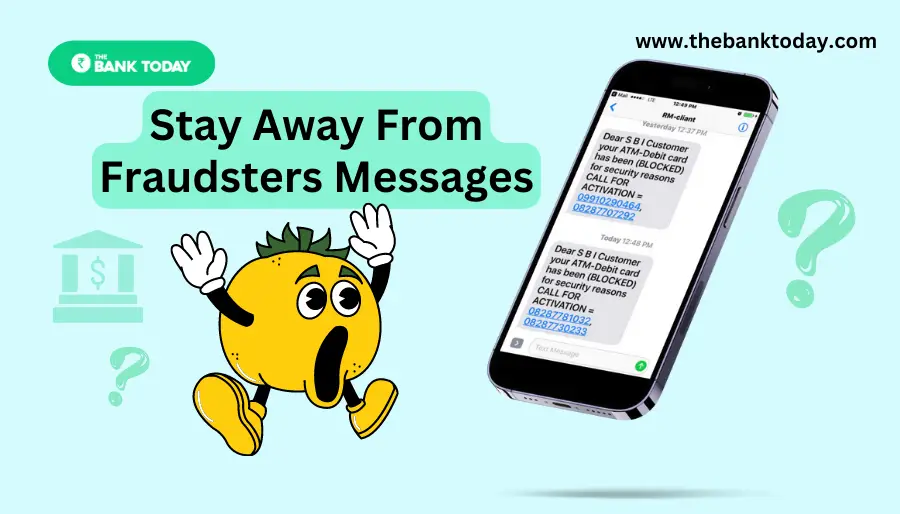Banking and financial services are increasingly being performed online in today’s digital age. With the growing popularity of digital banking comes an increase in the number of fraudsters and cybercriminals attempting to take advantage of the system.
The creation of bogus bank accounts is one of the most prevalent frauds they use. In this post, we will look at what a fake bank account is, how fraudsters establish them, and how you may protect yourself from becoming a victim of this form of fraud.
Contents
What exactly is a fake bank account?
A fake bank account is one that was created with fraudulent information. False names, addresses, and social security numbers are examples of this. These accounts are used by fraudsters to conduct unlawful activities such as money laundering, identity theft, and fraudulent transactions.
Why does a fraudster open a fake bank account?
Fraudsters construct fake bank account for a variety of purposes. One purpose is to launder money gained from unlawful activities such as drug trafficking, human trafficking, and other crimes. They can hide their illicit actions and evade detection by law enforcement officials by using bogus accounts.
Also Read: Understanding How Banking Works: Types of Banks and 4 Tips for Choosing the Best Bank
Another motivation is to steal someone’s identity. Fraudsters can open credit cards, obtain loans, and make purchases in the victim’s name using information obtained from fake accounts. This might have a severe impact on the victim’s credit score and financial situation.
How does Fraudster Create Fake Bank Account?
Fraudsters utilize a variety of tactics to create fake bank account. One popular way is to use stolen or fake identities. This information could be obtained through data breaches or by purchasing it on the dark web. They can use this information to open accounts in the victim’s name once they obtain it.
Another strategy is to utilize legitimate businesses as a cover for unlawful activity. Fraudsters may create shell businesses and utilize them to open accounts that they can use to launder money.
Also Read: Introduction to Banking: What is a Bank? 4 Types of Banks
Detecting Fake Bank Account
A fake bank account might be difficult to detect since fraudsters frequently employ complex tactics to make the account appear authentic. However, there are several red signals to be aware of.
If you receive an email or phone call from a bank with which you do not have an account, this could be a symptom of a fake account. Furthermore, unauthorized transactions or charges on your bank statement may indicate that a fake account has been formed in your name.
Protecting Yourself from Fake Bank Account Fraud
You may defend yourself from fake bank account fraud by taking certain precautions. To begin, you should constantly be attentive and regularly check your bank statements for unauthorized activities. If you observe any unusual behavior, contact your bank right once and report it.
Second, you should use caution while disclosing personal information online. Be cautious of phishing emails or phone calls requesting personal information, and always double-check the legitimacy of any websites or links before entering your information.
Third, to secure your online financial accounts, use strong passwords and two-factor authentication. Even if fraudsters obtain your login details, this can help prevent them from accessing your accounts.
Reporting Fraud Using Fake Bank Account
You should get in touch with your bank right away and report the fraud if you think someone has opened a fake bank account in your name. They will be able to look into the situation and take action to stop additional fraud. Additionally, you want to think about informing the Federal Trade Commission (FTC) and the police about the fraud.
Conclusion
Fake bank account fraud is an enormous problem that can have disastrous consequences for victims. Fraudsters construct fake accounts in a variety of ways, including utilizing stolen or forged identities and establishing shell organizations.
To avoid this type of fraud, you should be cautious and check your bank statements on a regular basis, use strong passwords and two-factor authentication, and exercise caution when giving personal information online. If you suspect that a fraudulent account has been opened in your name, you should notify your bank, the police, and the FTC immediately.
Also Read: What is the Difference Between Login Password And Profile Password in 2023?

